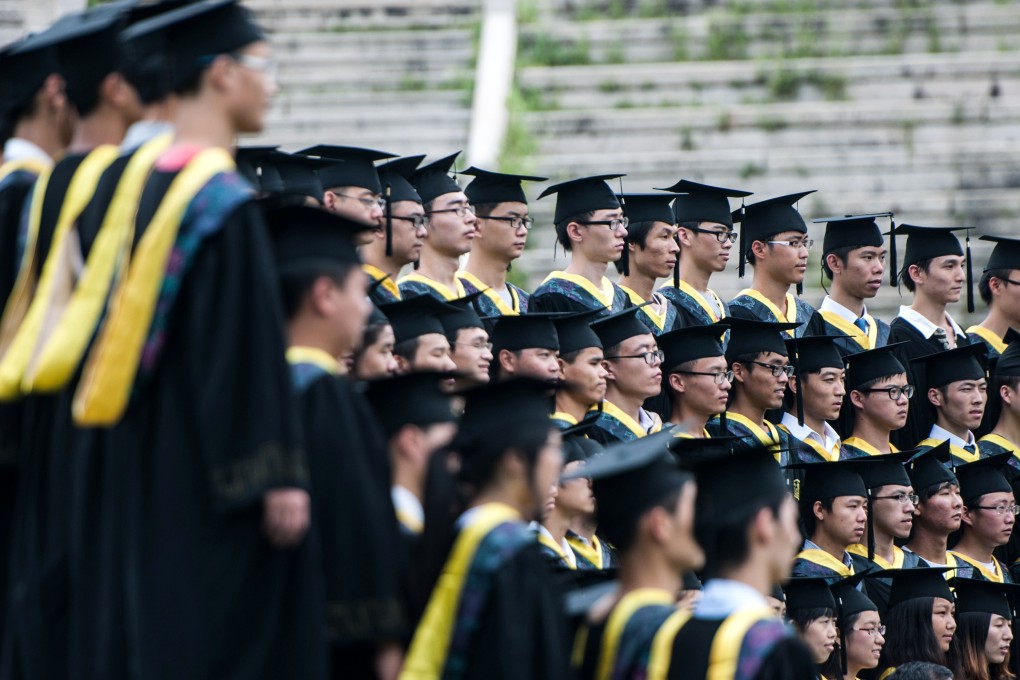China must restructure its academic incentives to curb research fraud
Scott Edmunds and Rob Davidson say recent exposés are leading to mass retraction of papers

The idealised view of science as the curiosity-driven pursuit of knowledge to understand and improve the world around us has been tarnished. Recent news tells of systematic fraud and mass retraction of research papers from the Chinese academic system, and allegations of attempts to game the peer-review system on an industrial scale.
With much of our research and development funded by the government, we all hope our tax dollars are spent as wisely as possible, so funders around the world have developed methods of assessing the quality of the work that researchers do. One of the most widely used metrics is an academic journal's "impact factor", which ranks its reputation based on the citations its articles get.
While many countries have tried to broaden their assessment system to assess a researcher's impact in a more balanced way, in China, the only method of judging researchers is by the number of publications they have in ranked journals. Unfortunately, that means money is changing hands in huge amounts, with hundreds of thousands of yuan spent to get a single publication in the top journals.
This focus on one metric above all others has led to large-scale gaming of the system and a black market of plagiarism, not to mention invented research and fake journals. On the heels of previous exposés of an "academic bazaar" system where authorship can be bought, Scientific American uncovered in December a wider and more systematic network of Chinese "paper mills" that produce ghostwritten papers and grant applications to order. The article linked the problem to a hacking of the peer-review system, which is supposed to protect the quality and integrity of the research.
The major first fallout took place last week, with the publisher BioMed Central retracting 43 papers for peer-review fraud, the biggest mass retraction carried out for this reason to date. The number of papers retracted for this reason increased by nearly 50 per cent.
Many other major publishers have been implicated, with the publisher of the world's largest journal, Public Library of Science (PLOS), also issuing a statement that it is investigating linked submissions.
BioMed Central should be applauded for taking the time and effort to fix the scientific record so quickly. Besides the need for better policing by publishers, funders and research institutions, there need to be fundamental changes to how we carry out research.